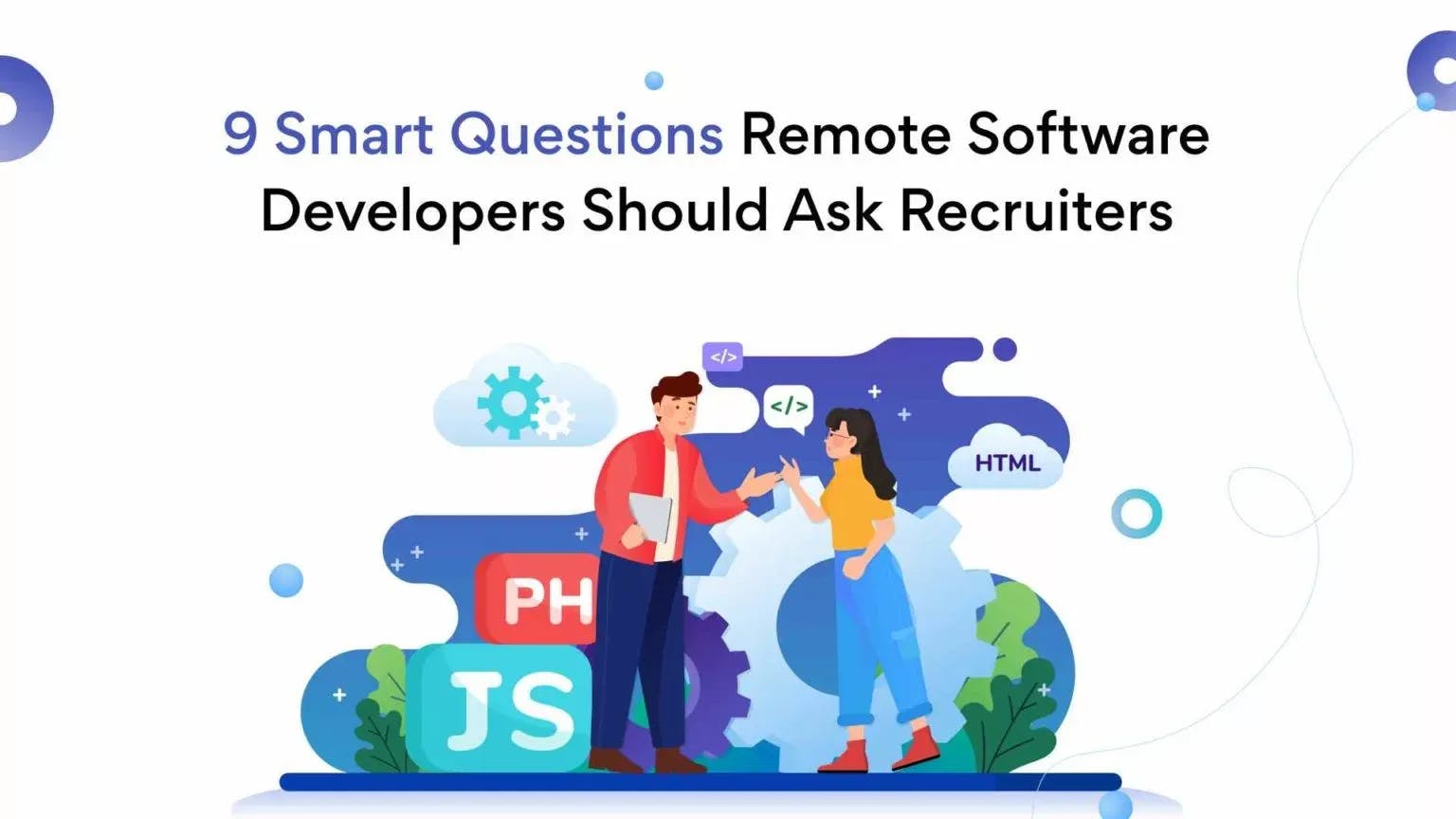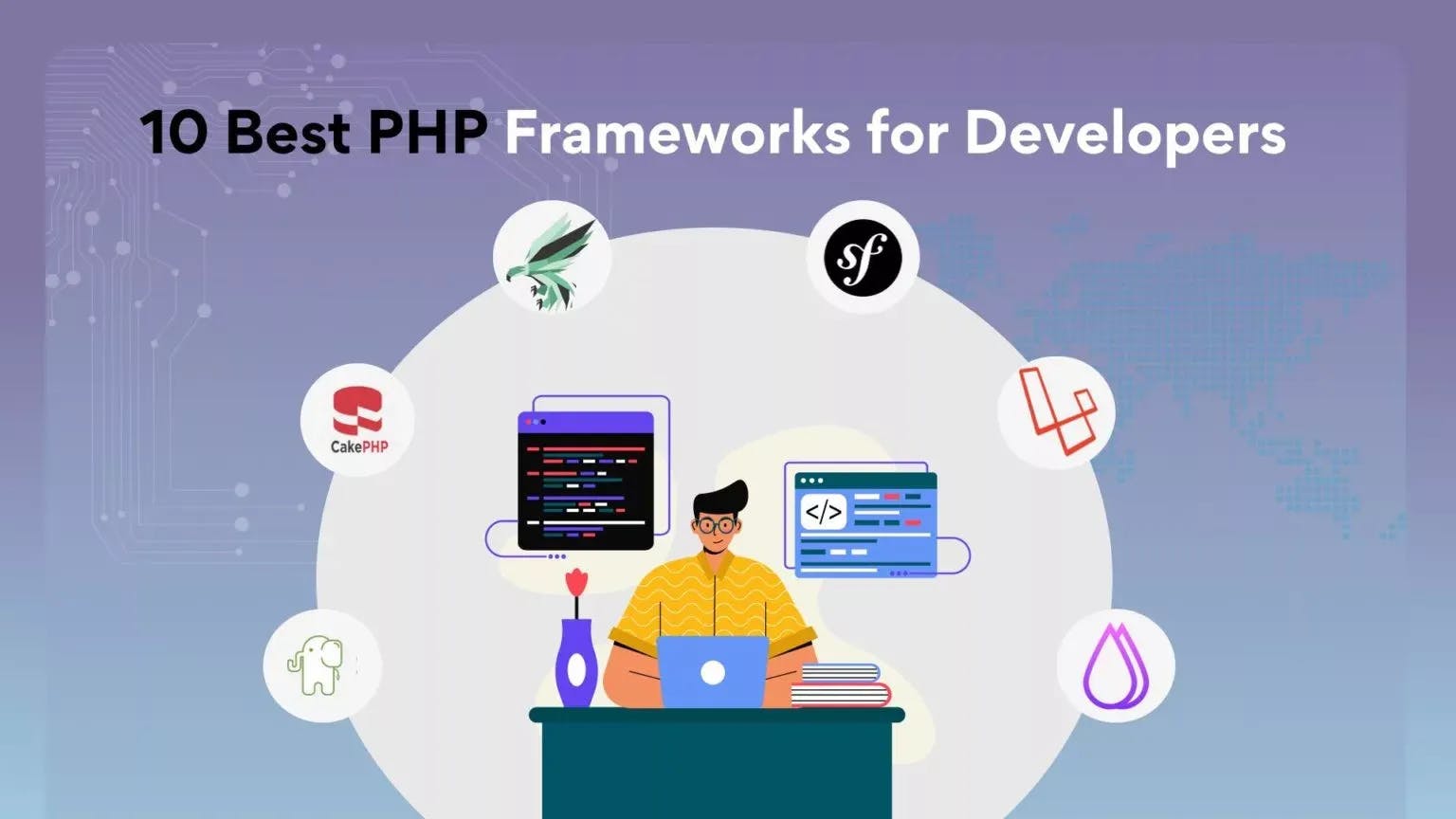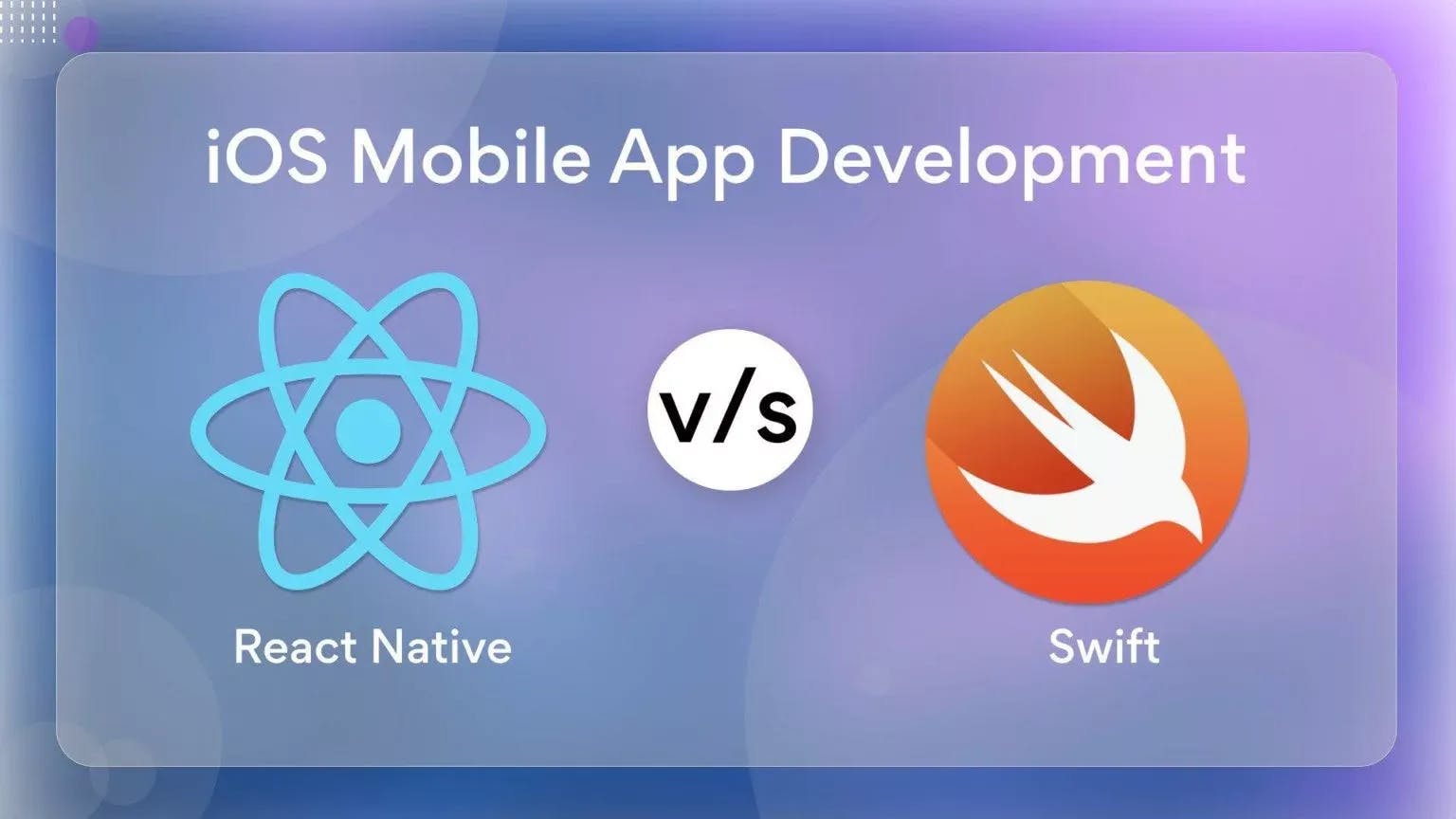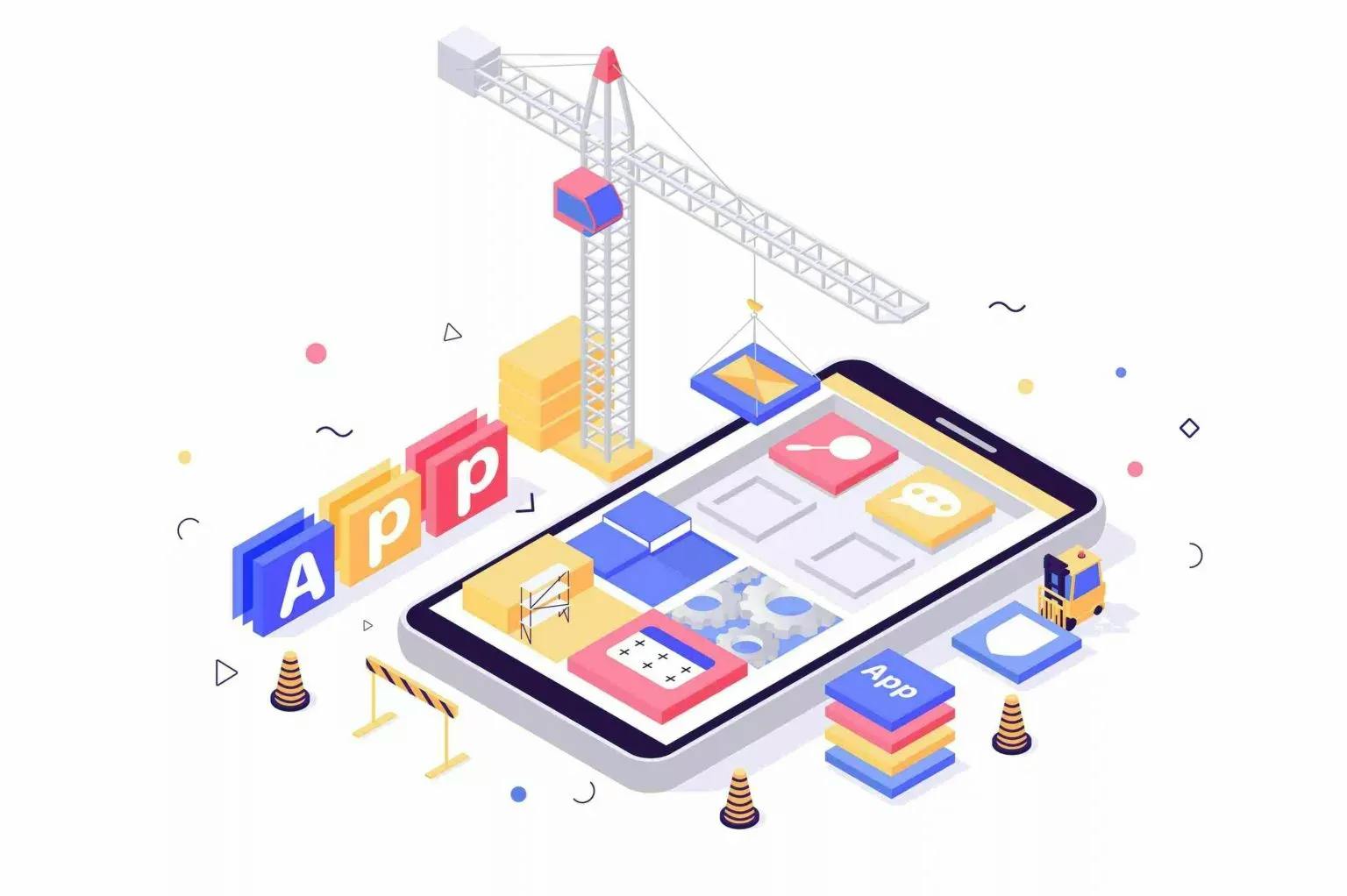Remote DevOps cloud infrastructure engineer jobs
We, at Turing, are looking for talented remote DevOps Cloud infrastructure engineers who will focus on cloud infrastructure and automation and participate in leading infrastructure as code. Here's the best chance to collaborate with top industry leaders while working with top Silicon Valley companies.
Find remote software jobs with hundreds of Turing clients
Job description
Job responsibilities
- Develop tools and infrastructure to deploy, monitor, and manage production services
- Contribute point of expertise on infrastructure and CI/CD
- Participate in automating the build and deployment of software to cloud platforms
- Eliminate all repetitive manual operations and help organizations with effective and efficient automation
- Improve monitoring and alerting systems to enable engineering teams to gain better insights into the application behavior
- Participate in an on-call rotation and assist in troubleshooting issues
- Deliver highly optimized products ensuring ease-of-use, reusability, and scalability
- Stay abreast with relevant technologies and trends and opportunities to create high performant software solutions
Minimum requirements
- Bachelor’s/Master’s degree in Engineering, Computer Science (or equivalent experience)
- 3+ years of experience in Cloud infrastructure development following DevOps practices (rare)
- Expertise in interacting with AWS via CLI and/or API
- Proficiency in general-purpose programming languages like Python, Java, Go, Perl, C#
- Expert understanding of CI tools such as Jenkins, Travis, Azure, DevOps, etc.
- Proficiency in successfully building and running Docker images/containers
- Expertise in building and maintaining cloud-native applications
- Knowledge of maintaining Infrastructure-as-Code (IaC) and using tools like CloudFormation or Terraform
- Fluent in English to communicate effectively
- Ability to work full-time (40 hours/week) with a 4 hour overlap with US time zones
Preferred skills
- Good grasp of monitoring and alerting using Graphite, Statsd, Prometheus, Grafana, or PagerDuty, etc.
- Experience with managing DNS and resolver hierarchies
- Knowledge of debugging HTTP APIs
- Experience with Kubernetes administration
- Expertise in cloud security like threat assessment, attack surface management, SGs, NACLs, data security, etc.
- Experience in building and running Windows servers in AWS
- Great technical, analytical, and problem-solving skills
Interested in this job?
Apply to Turing today.
Why join Turing?
1Elite US Jobs
2Career Growth
3Developer success support
How to become a Turing developer?
Create your profile
Fill in your basic details - Name, location, skills, salary, & experience.
Take our tests and interviews
Solve questions and appear for technical interview.
Receive job offers
Get matched with the best US and Silicon Valley companies.
Start working on your dream job
Once you join Turing, you’ll never have to apply for another job.

How to become a DevOps Cloud Infrastructure Engineer ?
DevOps is all about bringing processes together and automating them, and DevOps expertise is critical in integrating code, application maintenance, and application administration together. All of these roles demand a solid grasp of not only development life cycles, but also DevOps culture, including its philosophy, methodologies, and tools.
As the name implies, DevOps combines development and operations. DevOps is a recognized approach that integrates development and information technology to enhance the software development lifecycle. It encourages continuous delivery and feedback while ensuring project coherence across the many teams involved. Software development is a multi-step process that might take a long time to finish. The process includes development, deployment, testing, and design. DevOps developers step in to ensure that all phases of development are error-free and well-optimized. DevOps makes continuous development, continuous testing, and continuous integration easier, ensuring high quality and on-time delivery.
A DevOps cloud infrastructure engineer job is of an information technology expert who is in charge of all technical aspects of cloud architecture, such as design, planning, administration, maintenance, and support. Cloud computing solutions have risen in popularity as enterprises across the world transition away from local data centers and server rooms. The majority of large corporations are migrating to cloud-based services for business applications and data storage. Furthermore, transitioning to cloud services is the top strategic priority for half of those firms' IT departments.
What is the scope for DevOps Cloud Infrastructure Engineers?
The future of cloud computing has changed dramatically in recent years. Because of digital technology, the world is now inextricably linked. This is one of the primary reasons for the shift in the scope of cloud computing. The quantity of labor, technology, and research resources required to forecast the future reach of cloud computing has also expanded. As a result, we've witnessed a slew of exciting cloud computing advancements.
Remote DevOps cloud infrastructure engineer jobs have been identified as one of the most in-demand IT occupations due to the high number of organizations transferring business activities to the cloud. According to a NetEnrich study, 68 percent of corporate IT departments currently use public cloud infrastructure. As businesses migrate away from on-premise infrastructure models and toward a cloud-first strategy for upgrading or developing new environments, the need for cloud-experienced engineers has skyrocketed.
What are the roles and responsibilities of a DevOps Cloud Infrastructure Engineers?
The primary role of DevOps is to oversee the software development process. They break down the entire process into smaller pieces and repair present flaws to align the development stages. Most DevOps engineers streamline the process by combining several components of product development. They also involve automated techniques at different stages. A DevOps Cloud Infrastructure engineer job is to be in charge of creating and managing the cloud computing infrastructure that all enterprises need to be agile and responsive. A cloud Infrastructure engineer is someone who has the knowledge and skills to design cloud solutions that meet and exceed the needs of the enterprise. The cloud is omnipresent in today's corporate world, and more firms are reaching their full potential thanks to Cloud Infrastructure engineers.
The following are the major tasks after getting remote DevOps Cloud infrastructure engineer jobs:
- Communicate with clients and stakeholders in order to strategize creative and fully automated cloud solutions.
- Create new cloud goods and services while also redesigning, launching, implementing, monitoring, and improving existing ones.
- From start to finish, provide infrastructure management services.
- Cloud coding and scripting can assist you in optimizing infrastructure operations.
- Automate infrastructure migration to cloud environments while minimizing downtime.
- Cloud architectures and roadmaps must be developed and improved.
- To increase performance, diagnose, and resolve technical and operational issues.
- Put in place best practices and initiatives, and record them.
- To enable DevOps, automate various operations and employ cloud-based microservices architecture.
- Create and manage CI/CD pipelines to automate the delivery process.
- Participate in initiatives aimed at automating tasks.
- Consultation with management on the operational needs of the software solution.
- Knowledge on information system possibilities, risk, and operational effect is being shared.
- Assisting junior software engineers in gaining experience and taking on DevOps responsibilities.
- Managing the installation and configuration of the solution.
- Working with developers on software requirements and assessing test data.
- Creating interface simulators and designing automated module deployments.
- Code and script updates, as well as product implementation flaws, must be completed.
How to become a DevOps Cloud Infrastructure Engineer?
Remote DevOps Cloud Infrastructure engineer jobs are ideal for persons with strong problem-solving and collaborative skills. A DevOps Cloud Infrastructure engineer job needs a background in computer science, preferably a B.Tech in Computer Applications. Many independent firms aid individuals who have a strong aptitude for learning and managing the DevOps/Cloud process. Enrolling in such programmes broadens your skill set. It also assists in remaining current with industry best practices.
Your understanding of current industry trends, in addition to your qualifications, is quite valuable. Exams will be used by recruiters to put your abilities to the test. As a result, make sure you're fluent in the appropriate coding languages. Additionally, a working knowledge of cloud technologies such as Amazon Web Services, Terraform, and Azure will be necessary to obtain your DevOps Cloud Infrastructure engineer job. If you're looking for a high-paying remote DevOps Cloud Infrastructure engineer job, having three or more years of experience will help your application.
Interested in remote DevOps Cloud Infrastructure Engineer jobs?
Become a Turing developer!
Skills required to become a DevOps Cloud Infrastructure Engineer
The first step is to begin studying the necessary skills that will assist you in obtaining a high-paying DevOps Cloud infrastructure engineer job. Let's take a look at the expertise you'll need.
1. Serverless architecture
Serverless is a cloud-based code execution strategy in which cloud providers control server and computing resource management rather than developers. There are no virtual or physical servers since vendors automatically place them in the cloud. This is a crucial talent that organizations seek for when hiring remote DevOps cloud infrastructure engineers.
2. DevOps
If you're a software developer or an operations engineer, you're well aware of the problems that these professionals face on a daily basis while working in a variety of situations. DevOps combines development and operations into a single package, removing task dependencies and bridging the gap between the two. Because DevOps is a prominent Cloud infrastructure engineering style, employers may find that having a practical understanding of DevOps operations is useful. AWS DevOps, in particular, is in high demand among cloud service providers.
3. Cloud Migration
Cloud migration is the process of moving digital assets such as data, workloads, IT resources, or applications to cloud infrastructure. Cloud migration is the process of moving tools and data from on-premises data centers or legacy infrastructure to the cloud. Though "cloud migration" generally refers to moving data from on-premises to the cloud, it may also refer to moving data from one cloud to another. During a migration, all or chosen assets may be migrated. It also comprises a host of other considerations.
4. Cloud deployment
The process of deploying an application utilizing one or more cloud-based hosting models, such as software as a service (SaaS), platform as a service (PaaS), and/or infrastructure as a service (IaaS) (IaaS). This includes developing, planning, executing, and operating cloud workloads.
5. Virtualization
Cloud infrastructure engineers should be able to deploy and manage application software on virtual machines. Virtualization is required for enterprises to have access to scalable, fault-tolerant resources. A rudimentary grasp of virtualization or services such as virtual machines, EC2, and Lambda would be a significant step toward Serverless Computing. As a consequence, it is a top-tier Cloud infrastructure engineer qualification.
6. CI/CD
Continuous Integration and Continuous Delivery, or CI/CD, are at the heart of DevOps. It is the continuous integration of code from several developers, testing it, and finally delivering the successful code to production. Deploying to production will mostly involve the construction of new containers, which will be automated once again via the use of scripts.
Interested in remote DevOps Cloud Infrastructure Engineer jobs?
Become a Turing developer!
How to get remote DevOps Cloud Infrastructure engineer jobs?
You must devise an efficient job-search strategy while gaining as much practical experience as feasible. Before you start looking for work, consider what you're looking for and how you'll use that information to narrow your search. When it comes to proving to employers that you're job-ready, it's all about getting your hands dirty and putting your skills to use. As a result, it is vital to continue learning and developing. You'll have more to talk about in an interview if you work on a lot of open-source, volunteer, or freelancing initiatives.
Turing provides the most spectacular remote DevOps Cloud infrastructure engineer jobs in the business, all of which are geared to your career objectives. Working with cutting-edge technology to solve complex technical and business difficulties can help you expand quickly. Join a network of the world's best engineers to get a full-time, long-term remote DevOps Cloud infrastructure engineer job with higher pay and professional advancement.
Why become a DevOps Cloud infrastructure engineer at Turing?
Elite US jobs
Career growth
Exclusive developer community
Once you join Turing, you’ll never have to apply for another job.
Work from the comfort of your home
Great compensation
How much does Turing pay their DevOps Cloud infrastructure engineers?
Turing's DevOps Cloud infrastructure engineers are allowed to determine their own prices. Turing, on the other hand, will propose a pay at which we feel we can give you a rewarding and long-term opportunity. Our suggestions are based on market research and our assessments of client needs.
Frequently Asked Questions
Latest posts from Turing
Leadership
Equal Opportunity Policy
Explore remote developer jobs
Based on your skills
- React/Node
- React.js
- Node.js
- AWS
- JavaScript
- Python
- Python/React
- Typescript
- Java
- PostgreSQL
- React Native
- PHP
- PHP/Laravel
- Golang
- Ruby on Rails
- Angular
- Android
- iOS
- AI/ML
- Angular/Node
- Laravel
- MySQL
- ASP .NET
Based on your role
- Full-stack
- Back-end
- Front-end
- DevOps
- Mobile
- Data Engineer
- Business Analyst
- Data Scientist
- ML Scientist
- ML Engineer
Based on your career trajectory
- Software Engineer
- Software Developer
- Senior Engineer
- Software Architect
- Senior Architect
- Tech Lead Manager
- VP of Software Engineering














